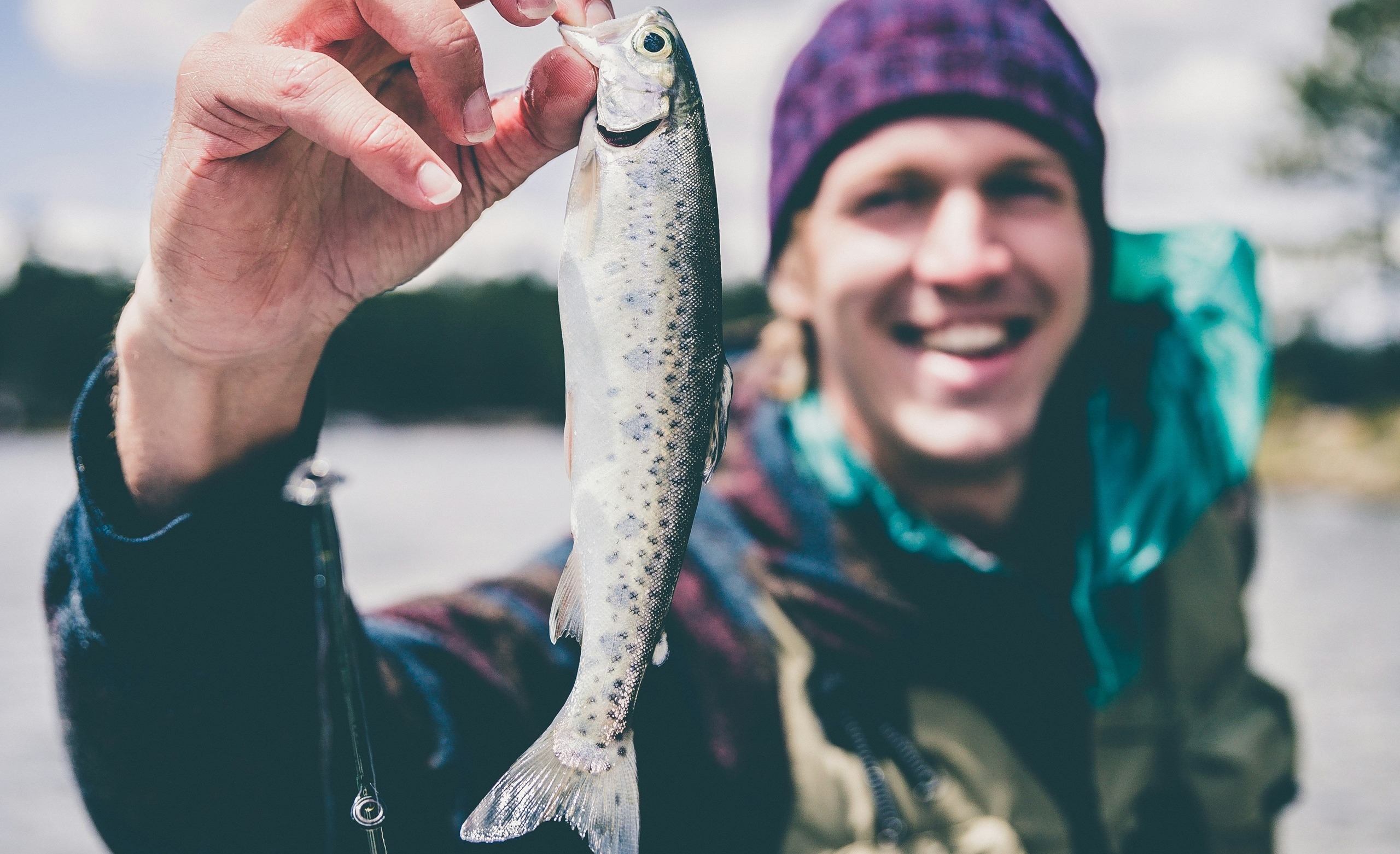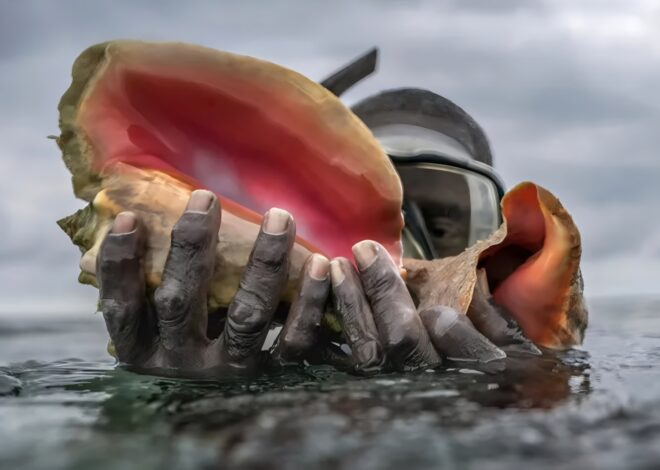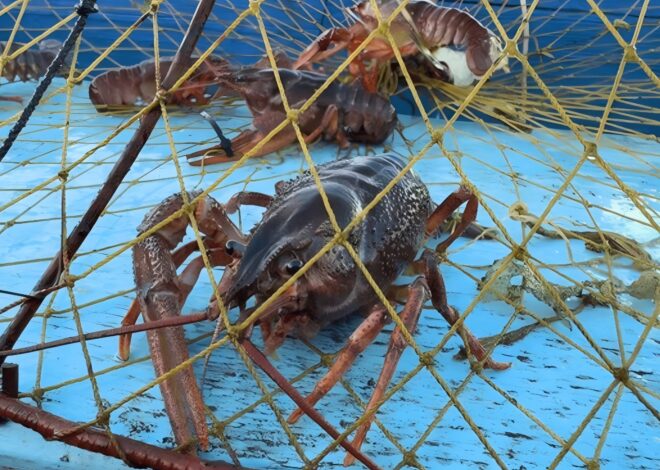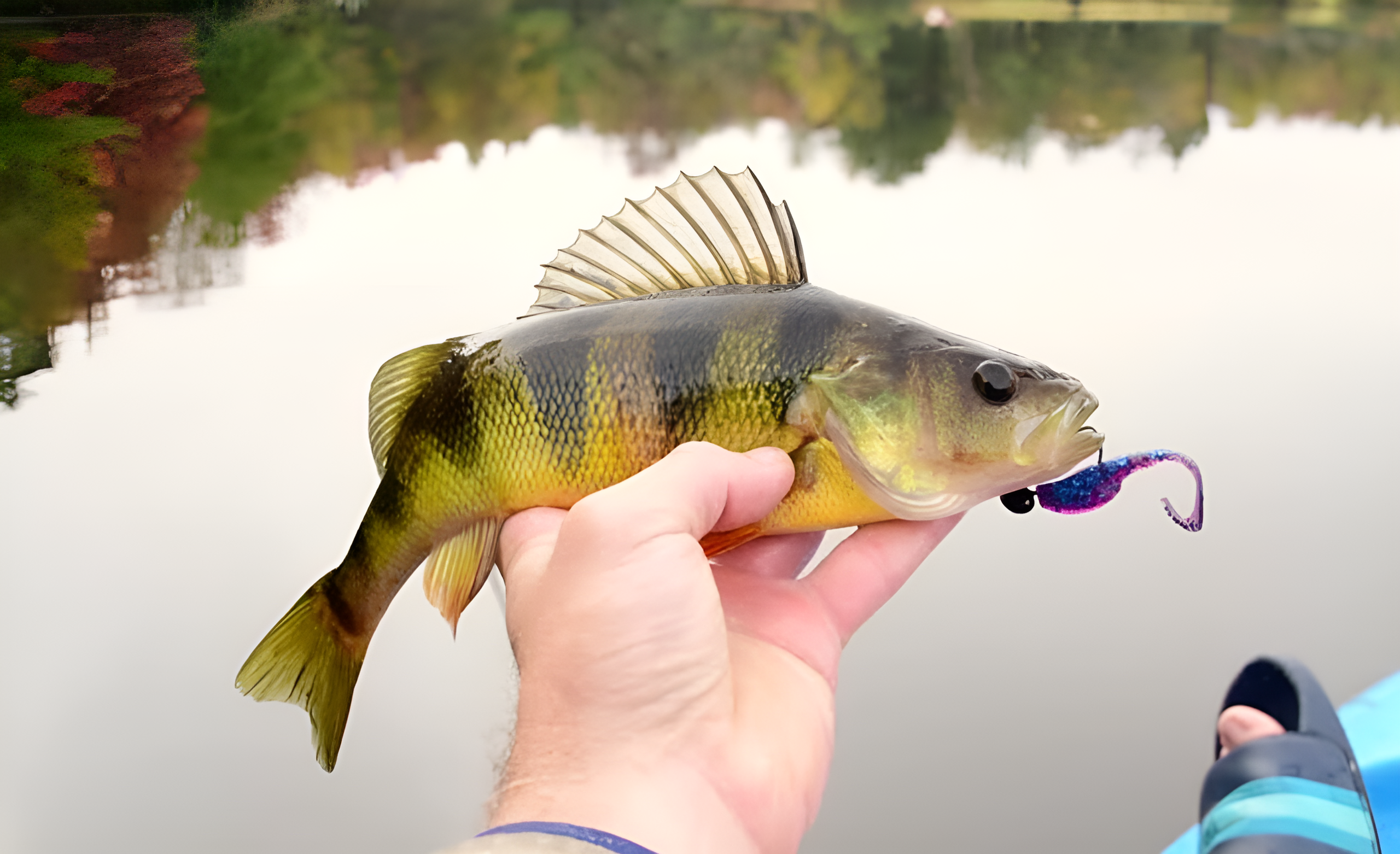
How To Catch Your First Fish
Welcome to our ultimate beginners fishing guide. Today, you are going to learn how to catch your first fish. Fishing is more than just a hobby; it’s an adventure that connects you to nature and offers moments of peace and excitement.
Whether you’re standing on the shore, casting your line into a sparkling lake, or navigating a tranquil river, the thrill of waiting for that first nibble keeps many returning again and again. If you’ve ever dreamed about catching your very first fish but don’t know where to begin, you’re in the right place.
This guide will take you step by step through everything you need to know—from essential gear and ideal locations to techniques that can help land that unforgettable catch. Let’s dive into this rewarding outdoor activity together!
Why Fishing is a Great Outdoor Activity
Fishing offers a unique blend of relaxation and excitement. It allows you to escape the hustle and bustle of daily life while immersing yourself in nature’s beauty. The rhythmic sound of water lapping against your boat or shore can be incredibly soothing.
Whether it’s early morning mist on a lake or sunset reflections on a river, these moments create lasting memories. Moreover, fishing is an excellent way to bond with friends or family. Sharing tips, laughter, and stories around the campfire enhances connections that last beyond the trip itself.
It also teaches patience and perseverance. Waiting for that perfect catch encourages you to appreciate every moment spent outdoors—embracing both success and failure as part of the journey. Whether you’re angling solo or with loved ones, fishing provides a refreshing break from technology and routine. It’s about enjoying simplicity while pursuing something rewarding in its own right.
The Basic Equipment You Need to Start Fishing
To embark on your fishing adventure, you don’t need an endless list of gear. Start with the essentials to ensure a smooth experience. A good fishing rod and reel combo is crucial for beginners. Look for something lightweight yet sturdy, fitting comfortably in your hands.
The right length can vary based on where you fish. Next, consider fishing line. A monofilament line is user-friendly and versatile, perfect for catching various freshwater species. Bait is another fundamental component.
Live bait like worms or minnows often works wonders; however, artificial lures can also entice fish effectively. Don’t forget about tackle boxes filled with hooks, weights, and bobbers to keep everything organized. A landing net might be helpful too when it’s time to scoop up your catch.
Remember the importance of a fishing license in many areas before casting your line into those waters!
Choosing the Right Location for Your First Fishing Trip
Selecting the right location can make all the difference in your fishing experience. Start by researching nearby lakes, rivers, or ponds known for good fishing conditions. Local wildlife agencies often have helpful resources to guide you.
Consider accessibility too. A spot that’s easy to reach will allow you to focus on the fun rather than logistics. Look for areas with ample shore access if you’re not ready to invest in a boat. Pay attention to local regulations regarding fishing seasons and licensing requirements.
This ensures a hassle-free outing while respecting nature. If possible, visit during peak hours like early morning or late afternoon when fish are more active. Speak with locals; they often hold valuable insights about where fish are biting most frequently.
Testing out different locations can also be part of the adventure—each trip teaches something new about the art of fishing!
Tips for Bait and Lures Selection
Choosing the right bait or lure can make all the difference in your fishing experience. Different fish species are attracted to different types of bait, so understanding their preferences is key. Live bait like worms, minnows, or insects can be effective for beginners.
Artificial lures come in various shapes and sizes. Spinners mimic the movement of small fish while jigs resemble struggling prey. Experimenting with colors and patterns can also help entice a catch. Consider water conditions when selecting your bait.
Bright days may call for lighter colors, whereas darker hues work better on cloudy days or in murky waters. Don’t hesitate to ask local anglers about what works best in specific locations; they often have invaluable insights that could lead you to success on your first trip out!
Techniques for Catching Your First Fish
Fishing techniques can vary widely, but a few basics will help you land your first catch. Start with the casting method. A simple overhead cast works well for beginners. Hold the rod at about ten o’clock, swing it back smoothly, and then flick your wrist forward to release.
Once you’ve cast your line, patience is key. Watch for any movement or tension in the line as fish nibble on your bait. Another effective technique is using a slow retrieve. This involves reeling in slowly while occasionally pausing to let the lure sink slightly. It mimics injured prey and can attract curious fish.
Don’t underestimate the effectiveness of bobber fishing. Attach a bobber above your bait; it keeps it suspended at an ideal depth while allowing you to see when a fish bites easily. Experiment with these methods to discover what works best for you!
Common Mistakes to Avoid as a Beginner Fisherman
One of the biggest pitfalls for beginners is overcomplicating things. It’s easy to get lost in the sea of gear and options, but starting simple is key. Many newcomers also forget about checking local fishing regulations. Knowing the rules can save you from hefty fines or ruining your experience.
Another common mistake is not being patient enough. Fishing requires a calm demeanor; rushing won’t help you catch fish faster—it may just scare them away. Ignoring weather conditions is another factor that can affect success.
Fish are more likely to bite during certain times or under specific weather patterns, so plan accordingly. Don’t overlook proper casting technique. A poor cast can mean missed opportunities and frustration on your first trip out on the water. Focus on improving this skill early on for better results later.
Tips for Releasing and Handling Your Catch
Handling your catch with care is essential for its survival. Wet your hands before touching a fish to protect its slime coating, which helps keep it healthy. When removing the hook, use pliers or a dehooking tool. Be gentle and avoid squeezing the fish too tightly.
If the hook is deeply embedded, cut the line instead of risking injury to both you and the fish. If you plan to release your catch, do so promptly. Prolonged exposure out of water can stress it significantly. Hold the fish horizontally when taking photos.
This position supports its body better and reduces strain on its internal organs. Return the fish to water gently. Face it into the current if possible; this helps revive it by allowing water flow over its gills. Watching your catch swim away is one of fishing’s greatest rewards!
The Joy of Catching Your First Fish – A Personal Experience
The moment the line went taut, my heart raced. I felt a sudden jolt as something pulled from beneath the surface. It was exhilarating! I had been waiting for this day, experiencing every anticipation and doubt along the way. Standing by that serene lake, surrounded by nature’s beauty, made it all worthwhile.
As I reeled in my catch, time seemed to stand still. The shimmering scales of that first fish glistened under the sun—a small triumph that felt monumental. I laughed out loud, feeling an overwhelming sense of connection to both nature and myself.
That first catch brought a rush of joy unlike anything else. It was not just about fishing; it was about patience and perseverance paying off in such a delightful manner. Each tug on the line became a reminder of why I fell in love with this timeless outdoor adventure.
Conclusion: Start Your Fishing Journey Today!
Fishing is more than just a hobby; it’s an adventure waiting to unfold. The thrill of casting your line, the gentle tug on the rod, and that exhilarating moment when you reel in your first catch can create memories for a lifetime. Don’t let fear or uncertainty hold you back.
Gather your gear, choose a serene spot by the water, and dive into this rewarding outdoor activity. Every seasoned angler started as a beginner—embracing mistakes along the way only enriches your experience. Remember to respect nature and handle fish with care.
So grab some bait, invite friends or family along for support, and set out on this exciting journey to catch your first fish! Whether it’s in freshwater lakes or saltwater shores, every cast brings new possibilities. Start making those unforgettable fishing memories today!




I wish I had read this article before I went fishing for the first time with my Uncle. We took bread as bait and ended up getting so hungry that we ate it. Needless to say we didn’t catch any fish.
You said to choose the right location too. I think our location was good, as other people around us were catching fish, we probably just didn’t have the proper bait and tools for the trade.
It is amazing how the art of fishing has become so evolved, and with all the resources available nowadays, you can’t go wrong with your fishing hobby.
Hi Michel,
Fishing is an art and it does help if you know what you are doing. The key to fishing is understanding the fish you are trying to catch. Weather also plays a role as does the time of day. You have to take all of this into account and more. Equipment and knowing what kind of bait to use is crucial as well. And the most important of all, patience. Catching your first fish is an experience you’ll never forget and the beginning of a lifetime of fun! Best wishes Michel.